Zacharias Ursinus is widely known as the main author of the Heidelberg Catechism (1563). In this thesis Wagner-Peterson analyses for the first time the late period of Zacharias Ursinus' theology on the basis of his lecture on Isaiah. The author focusses on the methodology, the hermeneutics and theology implicated in this lecture. The results are compared to 16th century commentaries and theological concepts. A comparative study of Ursinus' earlier writings illustrates a development of his theological concept. Wagner-Peterson thus offers important new insights into exegesis and theology in the period of confessionalism. The older Ursinus appears as a reformed theological teacher, whose intention was to school his students in a life of continuous study of scriptural doctrine. The study of and the obedience to biblical doctrine was essential for Ursinus as a school for living and dying according to God's providential will.
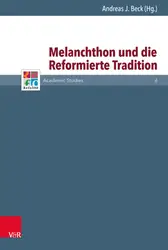
Melanchthon und die Reformierte Tradition
book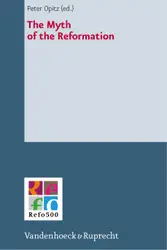
The Myth of the Reformation
book
Calvin and Luther: The Continuing Relationship
book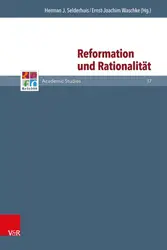
Reformation und Rationalität
book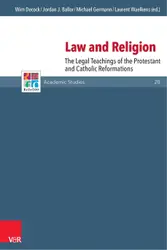
Law and Religion : The Legal Teachings of the Protestant and Catholic Reformations
book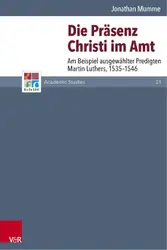
Die Präsenz Christi im Amt : Am Beispiel ausgewählter Predigten Martin Luthers, 1535–1546
Jonathan Mumme
book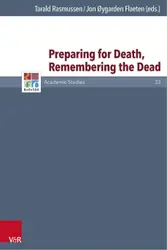
Preparing for Death, Remembering the Dead
book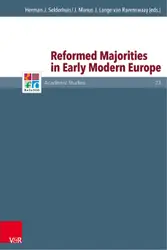
Reformed Majorities in Early Modern Europe
book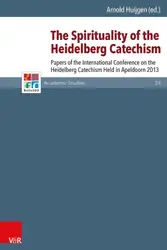
The Spirituality of the Heidelberg Catechism : Papers of the International Conference on the Heidelberg Catechism Held in Apeldoorn 2013
book
Latomus and Luther : The Debate: Is every Good Deed a Sin?
Anna Vind
book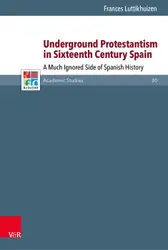
Underground Protestantism in Sixteenth Century Spain : A Much Ignored Side of Spanish History
Frances Luttikhuizen
book
Lutheran Theology and the shaping of society: The Danish Monarchy as Example : The Danish Monarchy as Example
book

